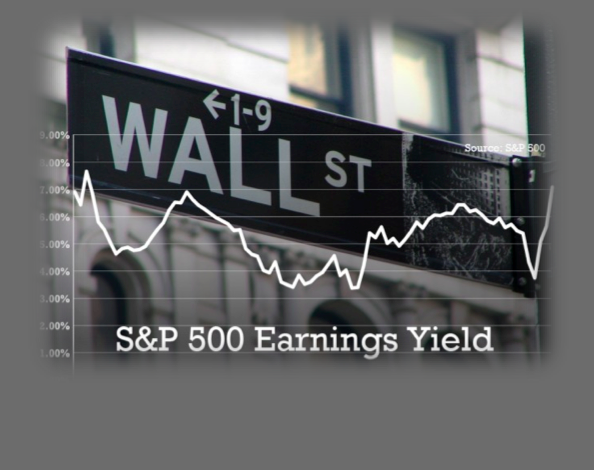
In the highly competitive world of financial markets, traders are continually searching for effective strategies to gain an edge and achieve long-term success.
In the highly competitive world of financial markets, traders are continually searching for effective strategies to gain an edge and achieve long-term success.
Among the various approaches, the minimax game theory stands out as a powerful method for managing risk and making strategic decisions, especially when facing a sophisticated opponent such as the market itself.
Minimax game theory is a strategic decision-making approach that aims to minimize the maximum possible loss while still leaving room for potential gains. It is a fundamental concept within the broader field of game theory, which is the study of mathematical models of strategic interactions among rational decision-makers. The minimax game theory has practical applications in various domains, including economics, politics, and psychology.
In the context of trading, the minimax game theory is particularly relevant as it helps traders navigate the highly competitive and often unpredictable financial markets. The market can be considered a more sophisticated opponent because it consists of numerous informed and skilled participants who are constantly updating their strategies based on new information and market dynamics. These participants, in aggregate, create a complex environment where predicting future price movements becomes extremely challenging.
The primary consideration of minimizing the maximum loss is crucial for trading success for several reasons:
- Risk management: Trading inherently involves risks, and the ability to manage these risks effectively is essential for long-term success. By minimizing the maximum loss, traders can preserve their capital and avoid catastrophic losses that could potentially wipe out their entire investment.
- Market uncertainty: The financial markets are often influenced by a multitude of factors, such as economic indicators, geopolitical events, and investor sentiment. Given the sheer number of variables and their interdependencies, accurately predicting market movements is nearly impossible. By focusing on minimizing the maximum loss, traders can better navigate this uncertainty and protect their investments.
- Psychological factors: The minimax strategy helps traders maintain a disciplined and rational approach to decision-making, reducing the likelihood of succumbing to emotions such as fear, greed, or overconfidence. By maintaining a focus on minimizing the maximum loss, traders can develop a more consistent trading strategy and improve their overall performance.
- Competition: The financial markets are highly competitive, with numerous participants constantly adjusting their strategies based on new information and market dynamics. The minimax strategy takes into account the strategic behaviour of other market participants, ensuring that traders can make more informed decisions and maximize their chances of success in this competitive environment.
By employing the minimax game theory in trading, traders can strike an optimal balance between risk and reward. This approach helps them protect their capital, navigate market uncertainties, maintain a disciplined decision-making process, and compete effectively against other market participants.
The minimax game theory is a powerful strategic tool that can significantly enhance a trader’s ability to succeed in the financial markets, especially when facing a more sophisticated opponent, such as the market itself. By focusing on minimizing the maximum loss, traders can better manage risk, adapt to market dynamics, and make more informed decisions that ultimately lead to greater long-term success.
Originally posted on the BMAMS website
The post The Minimax Mindset for Conquering a Sophisticated Market first appeared on trademakers.
The post The Minimax Mindset for Conquering a Sophisticated Market first appeared on JP Fund Services.
The post The Minimax Mindset for Conquering a Sophisticated Market appeared first on JP Fund Services.






































